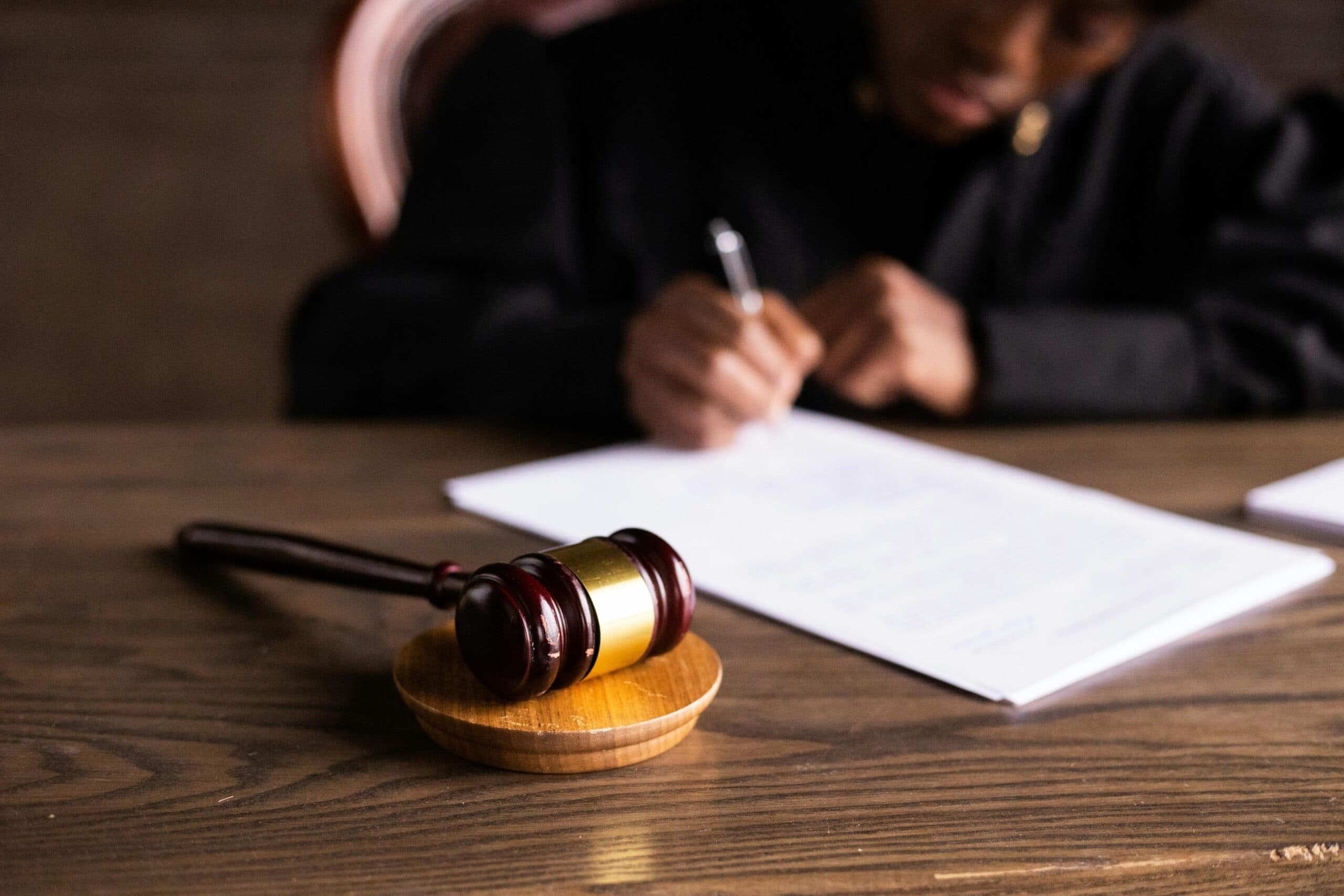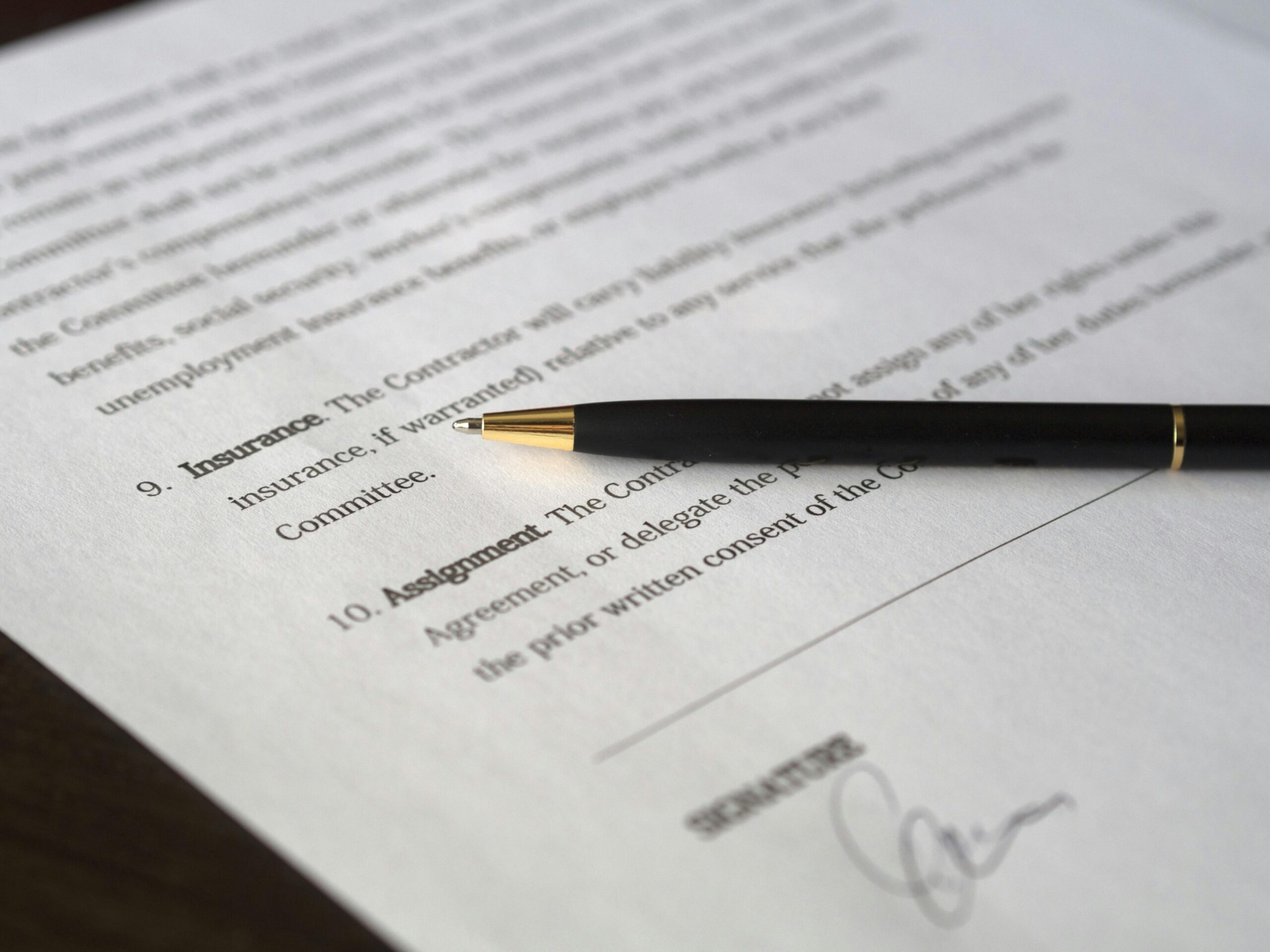
The Federal Bureau of Investigation (FBI) plays a crucial role in upholding national security and combating crime across the country. As a federal agency, it is tasked with investigating crimes, enforcing laws, and ensuring justice. However, what happens when the FBI fails to uphold these principles? What if you find yourself asking, “Can I sue the FBI?” due to allegations of FBI corruption or misconduct?
Suing a powerful federal agency like the FBI can feel overwhelming, but understanding the legal boundaries of such actions is the first step in determining whether you have a valid case. This article will explore the challenges, limitations, and potential paths for holding the FBI accountable through the legal system.
What Is FBI Corruption?
Before diving into whether you can sue the FBI, it’s important to define FBI corruption. Corruption within the FBI—or any government agency—refers to misconduct, abuse of power, or illegal actions carried out by officials within the agency. This can include:
- Bribery: Accepting money or favors in exchange for manipulating investigations or outcomes.
- Evidence tampering: Altering, destroying, or fabricating evidence to influence the course of justice.
- Abuse of authority: Using FBI powers inappropriately to target individuals or groups unfairly.
- Discrimination or bias: Acting with prejudice against individuals based on race, gender, religion, or other factors.
- Cover-ups: Concealing wrongful actions, crimes, or misconduct within the agency.
If you believe you’ve been affected by such actions, it’s understandable to wonder whether legal recourse is available.
Can I Sue the FBI?
The short answer is: Yes, you can sue the FBI—but it’s complicated. While it is possible to file a lawsuit against the FBI, doing so involves navigating a complex legal framework due to the agency’s status as a federal entity. The government is generally protected from lawsuits by sovereign immunity, but there are exceptions that allow individuals to hold federal agencies accountable under specific circumstances.
Understanding Sovereign Immunity and Its Exceptions
What Is Sovereign Immunity?
Sovereign immunity is a legal doctrine that protects the government and its agencies, including the FBI, from being sued without their consent. This principle makes it difficult to file lawsuits against federal entities for actions performed in their official capacity.
However, sovereign immunity is not absolute. Congress has passed laws that waive this immunity in certain situations, allowing citizens to sue the government under specific conditions.
The Federal Tort Claims Act (FTCA)
One of the primary exceptions to sovereign immunity is the Federal Tort Claims Act (FTCA). This law allows individuals to sue the federal government, including the FBI, for certain wrongful actions committed by federal employees while performing their duties. Examples of claims that may fall under the FTCA include:
- Negligence: If an FBI agent’s negligent behavior causes harm.
- Abuse of power: If an agent misuses their authority in a way that violates your rights.
It’s important to note that the FTCA only applies to certain types of claims. For example, it generally covers negligence but does not allow lawsuits for intentional misconduct such as false arrest or malicious prosecution unless specific conditions are met.
Grounds for Suing the FBI: What You Need to Remember
If you’re considering suing the FBI, you’ll need to determine whether your claim falls within the legal boundaries established by the FTCA or other laws. Here are some scenarios where individuals have attempted to hold the FBI accountable:
1. Civil Rights Violations
If you believe the FBI violated your civil rights, you may have grounds to file a lawsuit. For example, if FBI agents discriminated against you based on race, religion, or another protected characteristic, this could constitute a violation of your constitutional rights.
Civil rights claims are often filed under statutes such as 42 U.S.C. § 1983, which allows individuals to sue government officials for constitutional violations.
2. Wrongful Actions or Negligence
If the FBI’s negligence caused you harm, you may be able to sue under the FTCA. For instance, if the FBI failed to act on credible threats that resulted in harm to you or your property, you might argue that the agency’s negligence contributed to your damages.
3. Abuse of Power
Cases of FBI corruption may involve abuse of power, such as targeting individuals without cause, falsifying evidence, or using FBI resources for personal gain. While these actions are serious, proving them in court can be challenging.
Challenges of Suing the FBI
While it is possible to sue the FBI, it’s essential to understand the challenges involved. Here are some obstacles you might face when pursuing a lawsuit against the agency:
1. Proving Your Claim
Suing the FBI requires strong evidence to back up your allegations. For example, if you’re accusing the agency of FBI corruption, you’ll need to provide concrete proof of misconduct, such as documentation, witness statements, or other forms of evidence. Without compelling evidence, your case is unlikely to succeed.
2. Legal Complexity
Lawsuits against federal agencies are notoriously complex, involving intricate legal procedures and strict deadlines. For example, under the FTCA, you must first file an administrative claim with the FBI before you can take your case to court.
This involves submitting a detailed report of your claim and waiting for the agency to respond, which can take months.
3. Limited Scope of Claims
As mentioned earlier, the FTCA does not cover all types of claims. If your case involves intentional misconduct, such as a false arrest, you may need to explore other legal avenues, such as filing a Bivens claim (a lawsuit against individual federal agents for constitutional violations).
What Is a Bivens Claim?
A Bivens claim is a type of lawsuit that allows individuals to sue federal agents, including FBI agents, for violations of their constitutional rights. This type of claim stems from the landmark Supreme Court case Bivens v. Six Unknown Named Agents, which established that federal agents can be held personally liable for certain constitutional violations.
For example, if FBI agents violated your Fourth Amendment rights by conducting an illegal search or seizure, you might be able to file a Bivens claim against the agents involved. However, these claims are also subject to significant legal hurdles and are not guaranteed to succeed.
Can You Sue the FBI for Corruption?
If your case specifically involves allegations of FBI corruption, such as bribery, cover-ups, or abuse of power, the legal path becomes even more complicated. While corruption is a serious allegation, proving it requires substantial evidence, and lawsuits involving corruption claims often face intense scrutiny.
One potential avenue for addressing FBI corruption is filing a complaint with the Department of Justice (DOJ) or the Office of the Inspector General (OIG). These agencies are responsible for investigating misconduct within federal agencies, including the FBI.
Alternatives to Suing the FBI
If suing the FBI directly seems too daunting, there are other ways to address your concerns:
1. File a Complaint with the OIG
The Office of the Inspector General (OIG) investigates allegations of misconduct within federal agencies, including the FBI. If you believe you’ve been harmed by FBI corruption, filing a complaint with the OIG can trigger an internal investigation.
2. Contact Your Elected Officials
Your elected representatives can act as advocates on your behalf. If you believe the FBI acted improperly, reaching out to your senator or congressperson may prompt further investigation into the matter.
3. File a Freedom of Information Act (FOIA) Request
If you need evidence of FBI misconduct, you can file a FOIA request to obtain records related to your case. While this process can be time-consuming, it may provide valuable information to support your claim.
Final Thoughts: Can You Sue the FBI?
While it is possible to sue the FBI under certain circumstances, doing so is not an easy task. The agency is protected by sovereign immunity, and lawsuits must fall within specific legal exceptions, such as those outlined in the FTCA or through a Bivens claim. Proving FBI corruption or misconduct requires strong evidence and a clear understanding of the legal system.
If you’re considering suing the FBI, it’s crucial to consult with an experienced attorney who specializes in federal cases. A lawyer can help you navigate the complexities of your claim, gather evidence, and determine the best course of action.
If your case involves allegations of FBI corruption, civil rights violations, or negligence, having legal guidance is essential to achieving justice. Can you sue the FBI? The answer depends on your unique circumstances, but with the right approach, holding the agency accountable is possible.
Get Help From BLG Attorneys
If you feel like you need legal assistance, our professionals at Bourassa Law Group are for you at all times. We can guide you through the process, ensuring you don’t face another challenge. Just talk to us and we’ll look at your individual case and resolve it.




